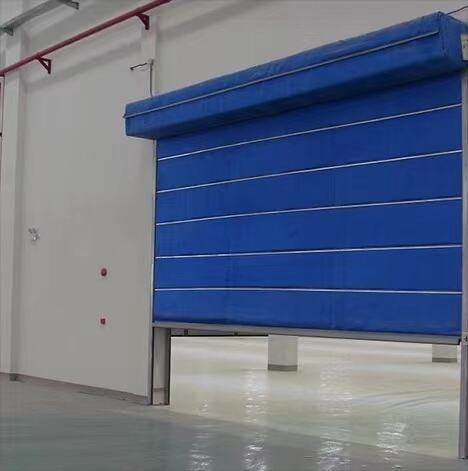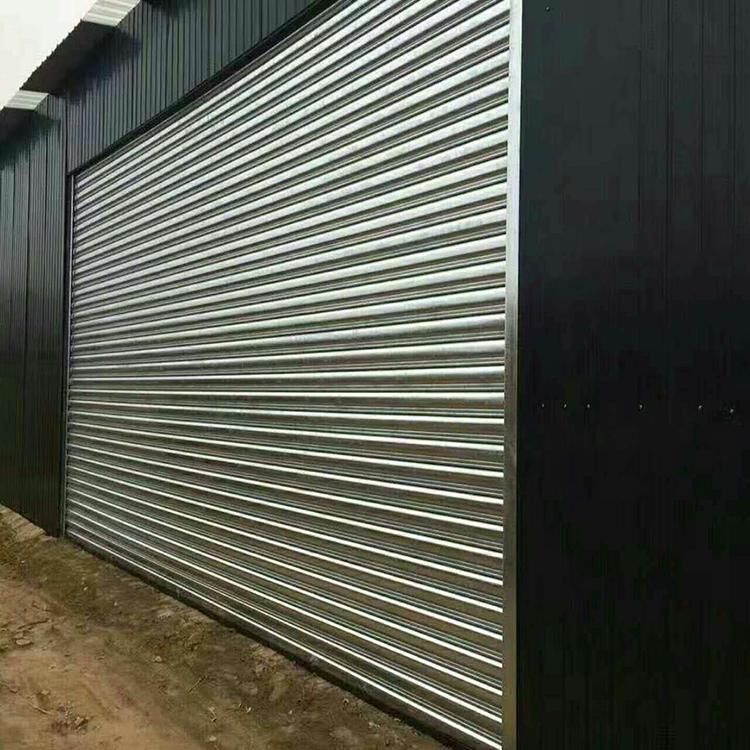The Timeless Appeal of Natural Wood Entryways
When it comes to making a lasting impression and enhancing your home's character, nothing quite compares to a wooden door. These architectural elements have graced homes for centuries, combining natural beauty with practical functionality. From classic colonial designs to contemporary masterpieces, wooden doors continue to be the preferred choice for homeowners who appreciate both aesthetics and durability. As we explore the numerous benefits of choosing a wooden door for your home, you'll discover why this traditional material remains relevant in modern architecture.
Design Versatility and Aesthetic Excellence
Customization Possibilities
One of the most compelling aspects of wooden doors is their incredible versatility in design. Whether you prefer the rustic charm of knotty pine or the sophisticated look of mahogany, wood can be crafted to match any architectural style. Each wooden door can be customized with unique panels, glass inserts, or decorative carvings that reflect your personal taste. The natural grain patterns in wood create one-of-a-kind designs that cannot be replicated by synthetic materials, making every wooden door truly unique.
Finishing Options and Color Choices
Wood accepts a wide range of finishes, from light stains that highlight the natural grain to rich, dark colors that add drama and sophistication. You can choose to preserve the natural beauty of the wood with clear coatings or transform it with paint to match your home's color scheme. Over time, you can also refinish your wooden door to update its appearance or restore its original beauty, an option not available with many other door materials.

Superior Insulation and Energy Efficiency
Natural Temperature Regulation
Wooden doors excel at maintaining comfortable indoor temperatures throughout the year. Wood is a natural insulator, with air pockets within its cellular structure that help reduce heat transfer. This inherent property means your wooden door will help keep your home cooler in summer and warmer in winter, potentially leading to lower energy bills. The thickness of solid wood doors further enhances their insulating capabilities, making them an environmentally conscious choice for energy-efficient homes.
Sound Dampening Properties
Beyond temperature regulation, wooden doors provide excellent sound insulation. The density and natural acoustic properties of wood help minimize external noise pollution, creating a more peaceful indoor environment. This feature is particularly valuable for front doors in urban areas or homes located near busy streets. The sound-dampening quality of a wooden door can significantly improve your home's overall comfort level.
Durability and Long-Term Value
Structural Strength
When properly maintained, wooden doors can last for generations. High-quality hardwoods offer exceptional durability and resistance to daily wear and tear. Unlike some synthetic materials that may crack or warp under extreme conditions, wood can adapt to environmental changes while maintaining its structural integrity. The natural flexibility of wood fibers allows it to withstand impacts and pressure without compromising its strength.
Investment Returns
Installing a wooden door can significantly increase your home's resale value. Potential buyers often recognize and appreciate the quality and craftsmanship associated with wooden doors. The timeless appeal of wood, combined with its durability, makes it an attractive feature for future homeowners. While the initial investment may be higher than alternative materials, the long-term value proposition of a wooden door often justifies the cost.
Environmental Benefits and Sustainability
Renewable Resource
In an era of increasing environmental awareness, wooden doors stand out as a sustainable choice. Wood is a renewable resource when sourced from responsibly managed forests. Many manufacturers now offer wooden doors made from certified sustainable timber, ensuring that your choice contributes to forest conservation efforts. Unlike doors made from synthetic materials, wooden doors have a lower carbon footprint and can be recycled or biodegraded at the end of their life cycle.
Eco-Friendly Manufacturing
The production process for wooden doors typically requires less energy compared to synthetic alternatives. Wood processing generates fewer harmful byproducts and relies more on natural materials. Additionally, wood waste from door manufacturing can be repurposed for other products or used as biomass fuel, creating a more circular and sustainable production cycle.
Maintenance and Care Considerations
Protective Measures
While wooden doors are durable, they do require regular maintenance to ensure their longevity. This includes periodic inspection for signs of wear, protecting the door from extreme weather conditions, and maintaining proper sealing and finishing. Regular cleaning with appropriate wood care products helps preserve the door's appearance and structural integrity. The investment in maintenance pays off through extended door life and preserved beauty.
Professional Restoration Options
Even if a wooden door shows signs of aging or damage, professional restoration can often return it to its former glory. Unlike other materials that may need complete replacement when damaged, wood can be repaired, refinished, or partially replaced. This restoration potential adds to the long-term value proposition of choosing a wooden door for your home.
Frequently Asked Questions
How long can I expect a wooden door to last?
With proper maintenance and care, a high-quality wooden door can last 30-50 years or more. The longevity depends on factors such as wood type, exposure to elements, and maintenance routine.
Are wooden doors suitable for all climate types?
Yes, wooden doors can be used in all climates. However, proper treatment, sealing, and maintenance are essential, especially in areas with extreme weather conditions or high humidity.
What types of wood are best for exterior doors?
Hardwoods like oak, mahogany, and walnut are excellent choices for exterior doors due to their natural resistance to weather and wear. Cedar and teak are also popular options known for their durability and weather resistance.

